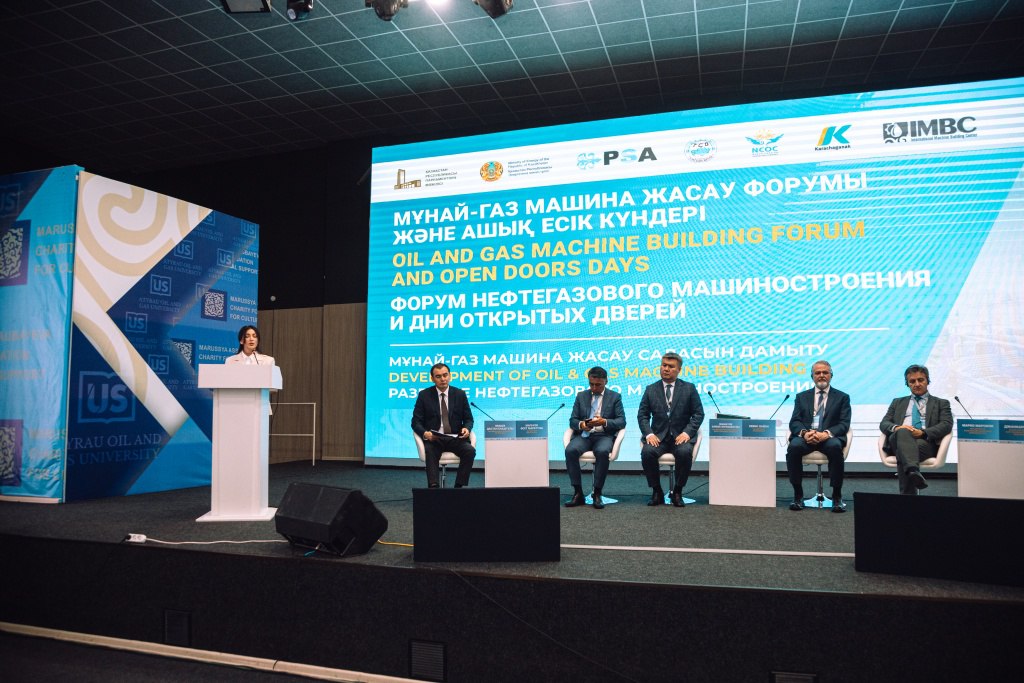South Korea has suspended crude oil imports from Kazakhstan via the Caspian Pipeline Consortium (CPC), which yields the CPC Blend of crude oil made with Kazakh oil. No deliveries were made in February due to the Houthi attacks on ships in the Red Sea, according to a report by Standard & Poors (S&P). Against this backdrop, South Korea decided instead to increase purchases of West Texas Intermediate (WTI) crude from the U.S.
“Local refiners consider the logistics of buying light, low-sulfur crude from Kazakhstan too costly and inefficient amid ongoing security concerns in the Red Sea,” analysts from S&P wrote. A crude manager at one South Korea’s two largest refineries commented: “Logistics to deliver CPC Blend have become very difficult because there are fewer ships in the Red Sea area, and delivery costs are still trending upward due to rising insurance premiums.”
South Korea is one of the main importers of Kazakhstan’s CPC Blend crude as local refiners have favored light, low-sulfur crude with high middle-distillate yields and consumption averaging about 3-5 million barrels per month over the past decade. According to Korea’s National Oil Corporation, zero oil shipments from Kazakhstan were recorded for the first time since October 2020.
CPC Blend crude is first delivered from the refineries to the Russian Black Sea port of Novorossiysk via the Tengiz-Black Sea pipeline — and then shipped via the Suez Canal to South Korean ports. However, according to refineries, since 2023 CPC Blend oil for South Korea has been delivered bypassing the Suez Canal, via a longer route around South Africa’s Cape of Good Hope.
According to analysts from the Korean Petroleum Association in Seoul, refineries in South Korea will significantly reduce their future purchases of Kazakh CPC Blend.









